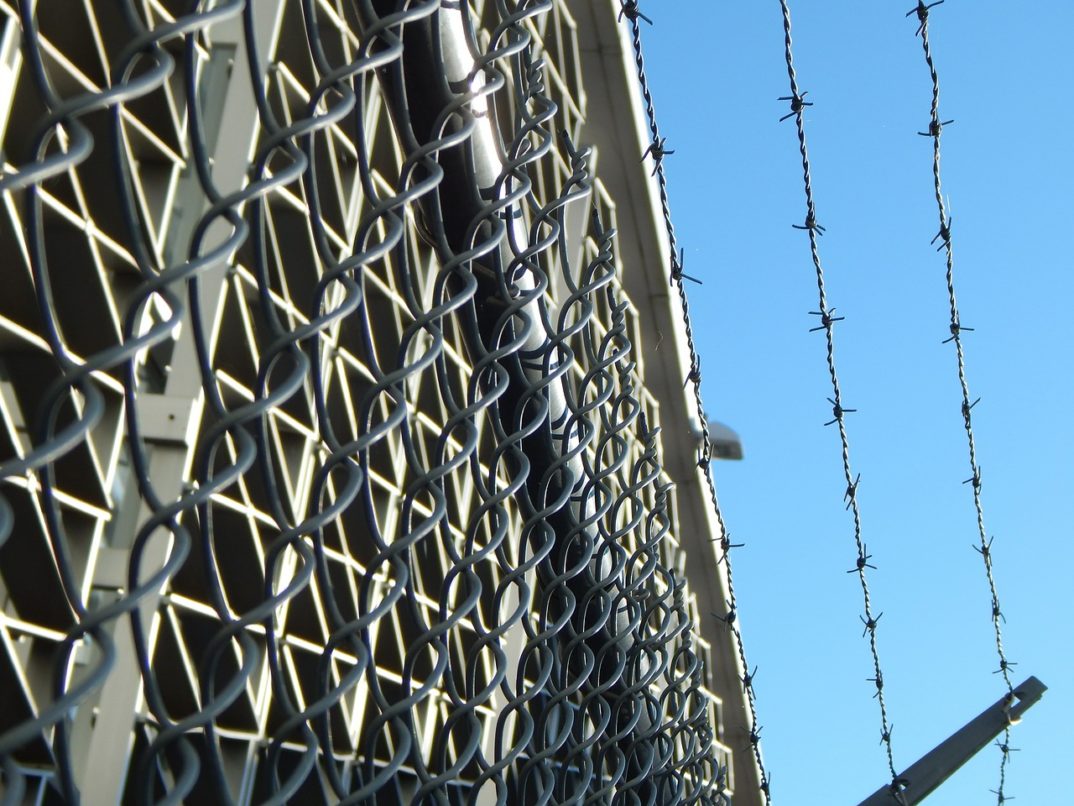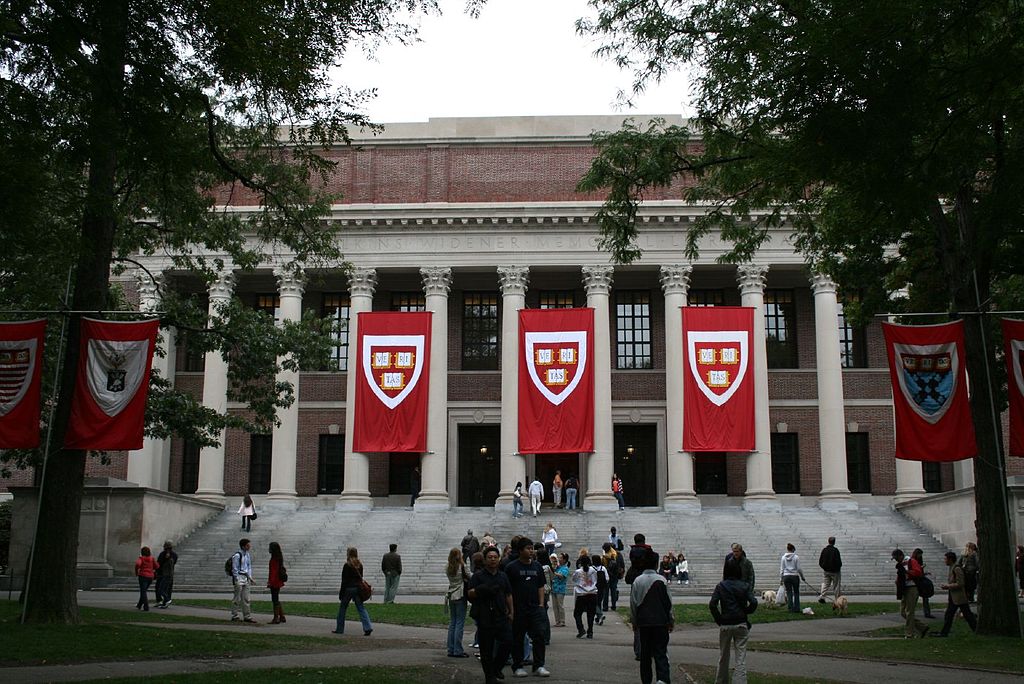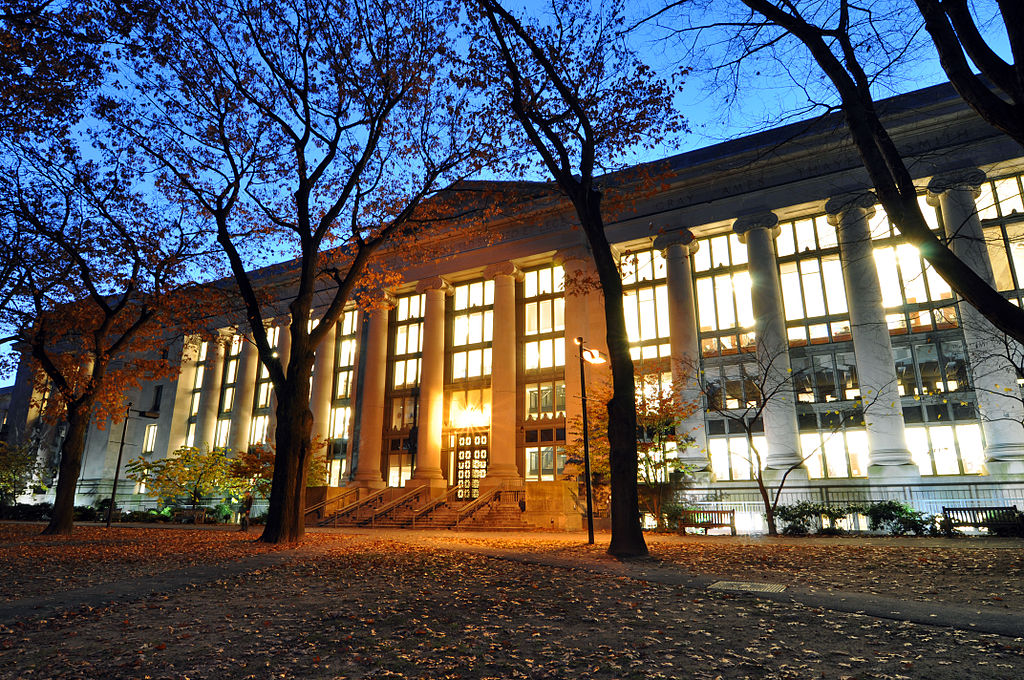Michelle Jones wasn’t the only applicant to be rejected from Harvard University this year. However, hers is in many ways a special case. While she was initially accepted by the history department of Harvard’s Graduate School of Arts and Sciences, her acceptance was ultimately overturned by Harvard’s administration. This move was in connection to the most interesting part of her case: Ms. Jones was only released in August of this year from the Indiana Women’s Prison after serving 20 years of a 50-year sentence for homicide. Although the legal system considered her sentence to be served in full, Harvard University—an elite academic institution—considered her past conviction as grounds for rejection. What does this say about the notion of reform and rehabilitation in the United States?
Continue reading “Does America Believe in Rehabilitation for the Incarcerated?”



